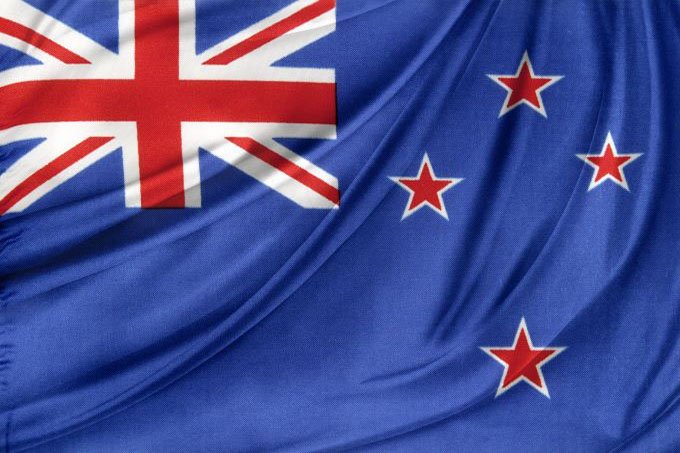 According to data released by Statistics New Zealand, retail sales rose by 2.5% in quarterly terms, after dropping by 2.7% in the previous month. This figure surpassed expectations of a 4.4% contraction. Excluding the automobile sector, sales rose by 6.8% in the first quarter, over expectations of 4.8% and the previous month's 1.9% increase.
According to data released by Statistics New Zealand, retail sales rose by 2.5% in quarterly terms, after dropping by 2.7% in the previous month. This figure surpassed expectations of a 4.4% contraction. Excluding the automobile sector, sales rose by 6.8% in the first quarter, over expectations of 4.8% and the previous month's 1.9% increase.
Retail sales were pushed higher mostly because of electrical and electronic goods sales, which went up by 8.4%, followed by recreational goods sales, which gained 16%. Hardware, building and garden supplies went up by 4.5%, and department store sales rose by 5.6%.
Fuel sales fell in the first quarter by 2.2%, while pharmaceutical and other retail sales contracted by 1.4%.
It seems that the economy is recovering, now that most developed countries are trying to contain the advance of the COVID-19 virus, which so far has infected 168,055,430 individuals across the globe, including 3,489,043 deaths. New Zealand has been one of the least affected countries in the world, with only 2,669 confirmed cases since the beginning of the pandemic, as well as 26 confirmed deaths.
New Zealand's vaccine rollout has been relatively slow compared to other developed countries. Approximately 474,435 dosages have been administered, while 152,933 people are fully vaccinated. The government is planning to vaccinate at least 4 million New Zealanders, though as we already mentioned, the process is taking a lot of time. For the moment, only those who are over 16 years old can be vaccinated.
Just like other governments, New Zealand's government has implemented fiscal measures in order to counteract the effects of the pandemic on the economy. According to Deputy Prime Minister Grant Robertson, recovery from the crisis has been a lot better than expected, and he highlighted that the country is in an incredibly fortunate position.
The Reserve Bank of New Zealand Governing Board is set to meet on Wednesday. Analysts expect it to leave its monetary policy stance unchanged and to send a dovish message. It's possible that the bank will consider tapering its quantitative easing program, now that the economy is showing strong signs of recovery.
So far this week, the New Zealand dollar has gained ground against the US dollar by rising 1.09% and breaking a two-week losing streak. By 12:15 GMT, the New Zealand dollar went up by 0.47% against the greenback to the 0.7249 level.

